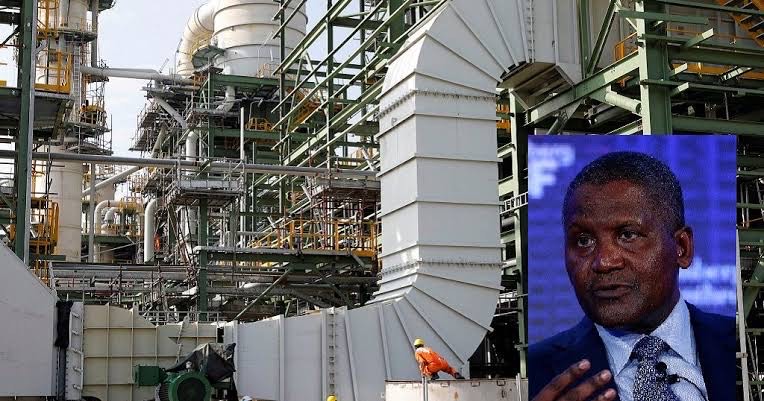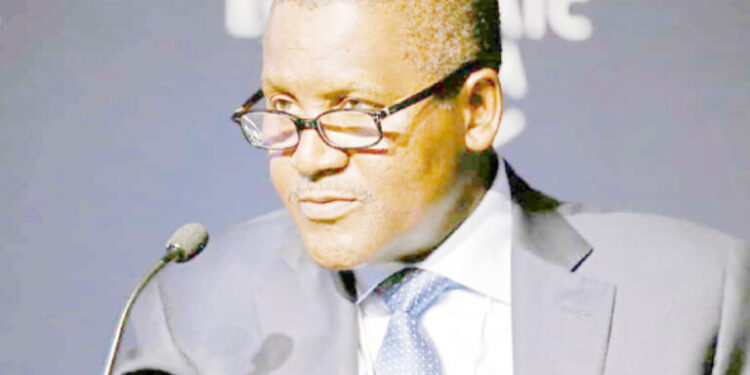At the Afreximbank Africa-Caribbean Trade and Investment Forum in Nassau, Bahamas, Alhaji Aliko Dangote, the richest man in Africa, revealed his ambitious vision of ensuring that all steel used in West Africa is produced in Nigeria. With plans to venture into steel production in the near future, the billionaire pledged that his next project after the steel mill project would be steel manufacturing.
Furthermore, he implored African leaders to prioritize the development of agriculture and solid minerals, bemoaning the devastating impact of food imports on the continent, which have led to an alarming rise in unemployment and poverty.

He said, “What we need to do that is missing is actually to concentrate and pay more attention to agriculture and solid minerals. I don’t like people coming to take our solid minerals to process and bring the finished product. We should try and industrialize our continent and take it to the next level.”
“I told somebody we are not going to take any break. What we are trying to do is to make sure at least in West Africa, we want to make sure that every single steel that we use will come from Nigeria”
The Osogbo Rolling Mill and Jos Corporation have tried to take a leading role in the steel manufacturing industry through government and even private hands but have failed.

As with the refinery, the federal government has spent billions of dollars to get local steel mills up and running under various administrations but to no avail. President Bola Tinubu’s government had promised during his election campaign to ensure the start of steel production at the multi-billion dollar Ajaokuta Steel Complex.
The Federal Government has budgeted about 4.45 billion naira for the plant in its proposed 2024 budget but hopes to raise about 35 billion naira from private investors for the plant’s first-ever commissioning.
However, Minister of Steel Development Shuaib Audu also said that the rehabilitation of the plant could cost between $2 billion and $5 billion. Potential of the Nigerian Steel Industry According to the National Steel Raw Materials Exploration Agency (NSRMEA), the country’s average steel consumption is about 10 million tonnes, of which 70% is imported.
The current Minister of Steel Development had previously said that Nigeria spends about $4 billion annually on steel imports, despite having about 74 steel mills and steel plants across the country.
Nigeria has large deposits of iron ore, a key raw material for steel production, in Kogi State.

































